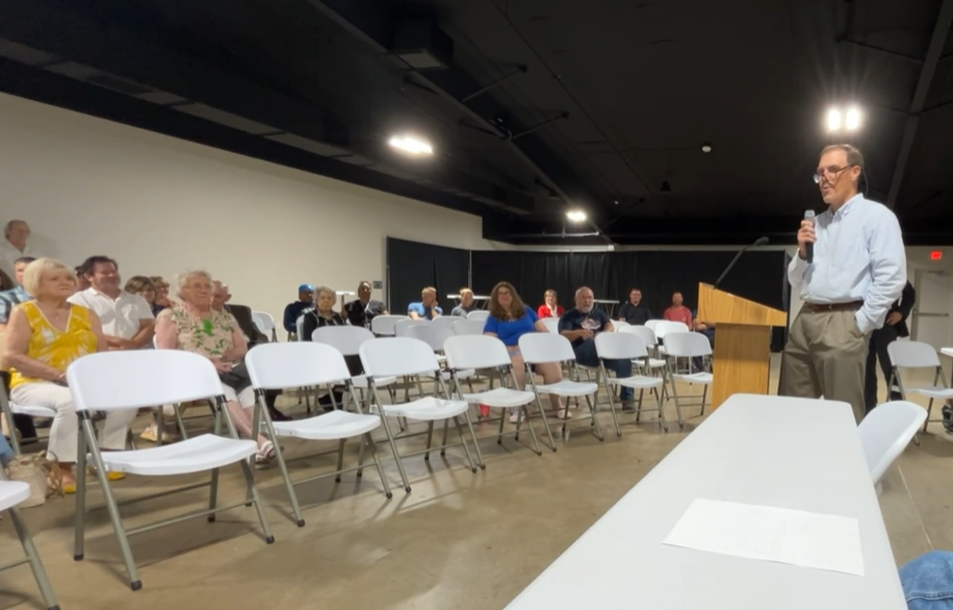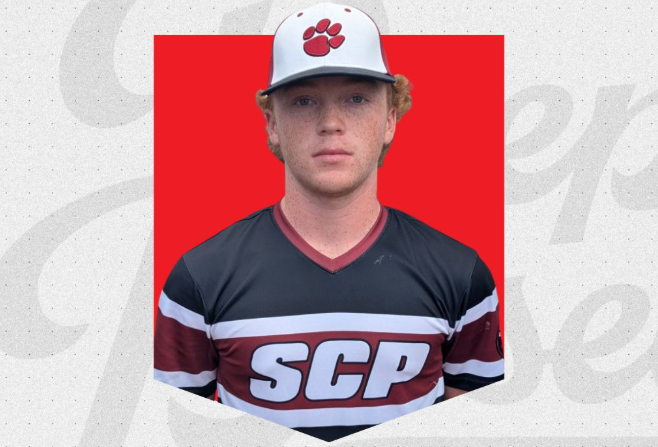CURCIO’S CORNER: Should college players be allowed to endorse products?
Published 3:22 pm Friday, October 4, 2019
It’s likely this week Pepto Bismol is being sent by the truckload to the NCAA offices in Indianapolis, but the situation comes of the organization’s own design.
California Gov. Gavin Newsome signed into law Monday a bill allowing college athletes in the state to accept money from endorsements, hire agents and be able to profit from their own likenesses.
In a statement, the governor talked about college students putting their physical health and future career prospects on the line while colleges “reap billions from these same student-athletes.”
Trending
He goes on to say it’s a model which “puts institutions ahead of the students they are supposed to serve.”
The NCAA has obviously reacted quickly to condemn the bill saying in essence it’s the death of the separation between amateur and professional athletes.
But one has to take what the NCAA says in context. John Feinstein, who has written at length about college sports for the Washington Post, said this week the NCAA complaining about money going to athletes is a lot like the fox in the henhouse saying they are in charge and not to worry.
Other states, according to the L.A. Times https://www.latimes.com/california/story/2019-09-30/college-athlete-endorsement-deals-ncaa-california-law, are lining up their bills as well.
What does this boil down to in the end? In my opinion, college sports at the highest levels have been needing a shake up for a while after schools have had their own shakedown of state funds for ludicrous reasons.
One practice in particular cost 93 schools a total of around $4.4 million each year, which is to put their own football teams into a hotel room the day before home games.
Trending
That’s like the old joke about a plane crashing on the U.S. / Canada border and you ask the unsuspecting person where you bury the survivors of the crash.
I don’t care what logic is at work there for schools, especially considering most athletes are in their own dorm. Anyone who truly believes success on Saturdays comes from sleeping Friday night at the Holiday Inn Express might also be interested in oceanfront property in Arizona.
Besides, the majority of the athletes who will benefit from California’s new bill are high-profile men’s basketball and football players most likely. I doubt track, tennis or swim teams will have agents blowing up their cellphones now.
Growing up, I was a huge college football fan, having ushered games at Sanford Stadium in Athens, Ga. (Go Dawgs!) along with pulling for The “U”. Yes, the school whose football teams was sanctioned (twice) by the NCAA, but the problem is other abuses going unpunished across the board.
Division I universities make obscene amounts of money from the big two sports, which help to fund some of the other sports on campus but mostly line the coffers of schools.
Even with Stanly players competing at the D-I level now (of whom I totally support and want them to do well), it’s hard for me to go back to being a fan because of the abuses some athletes have had to endure.
From physical and emotional abuse by uncaring, overcompensated coaches, to some athletes receiving four-year general degrees which leave them unable to find a job. There are more than enough negative stories to show how out of control D-I college sports have become.
Perhaps it is time to reexamine the model of college sports and give all athletes a small stipend for what they do for their schools.
We are talking about 18 year olds, who are considered adults by our legal system, being denied the opportunity to earn a wage, something other students are not barred from doing. The second one picks up a glove or ball should not mean a person forfeits their rights as an American citizen or a student from another country.
The NCAA made $6 billion from its last ESPN football contract, but players can’t make money enough to buy a T-shirt of their own?
Playing a Div. I sport is a full-time job above and beyond the regular rigors of earning a college degree, something told to me multiple times by former athletes.
Also, the one-and-done basketball players are as much professionals as anyone playing in the NBA Developmental League.
As I have said many times before, one reason I have always been more of a pro sports fan was because the players are compensated for their time and have fought for their rights time and time again.
If baseball can overcome losing the reserve clause and still survive (which it seems to be doing well), college sports can adapt. Especially if a slice of the pie goes back to the NCAA, which would probably make the problem disappear.
Money always talks while something else walks.







